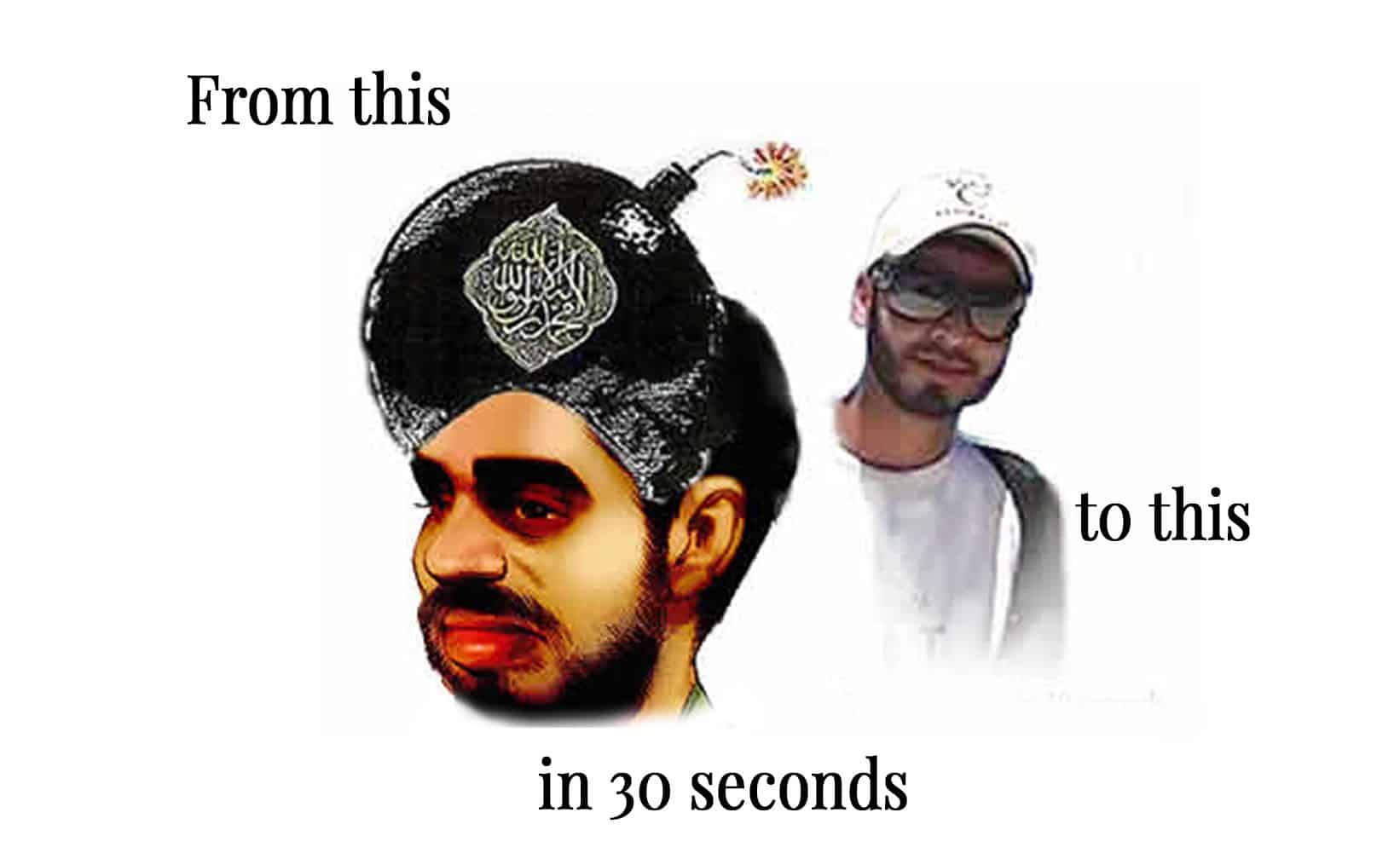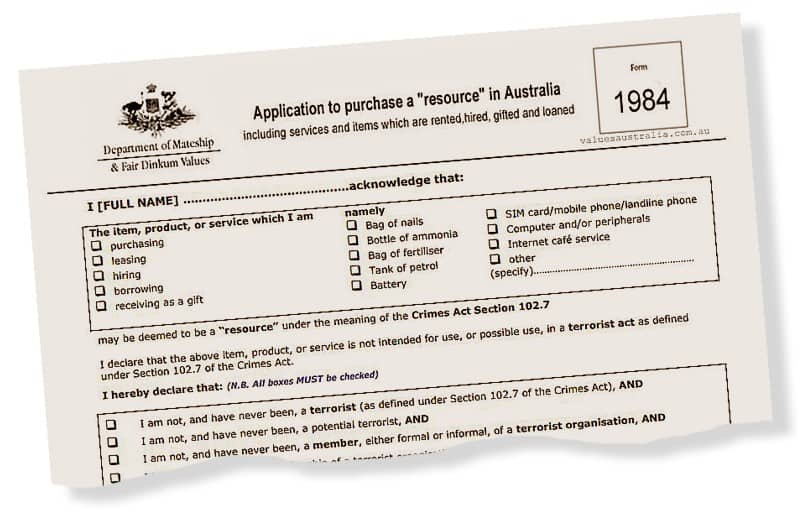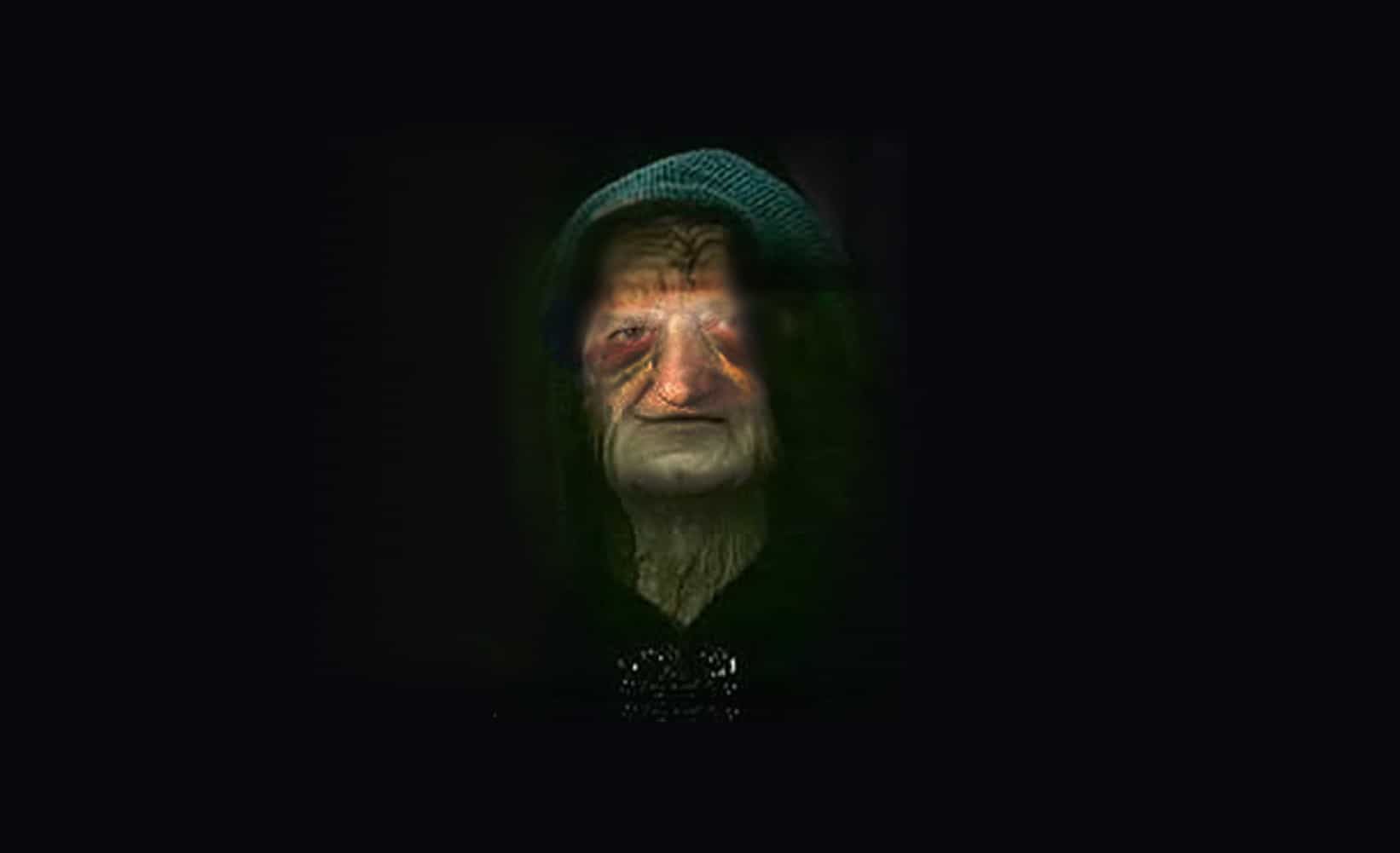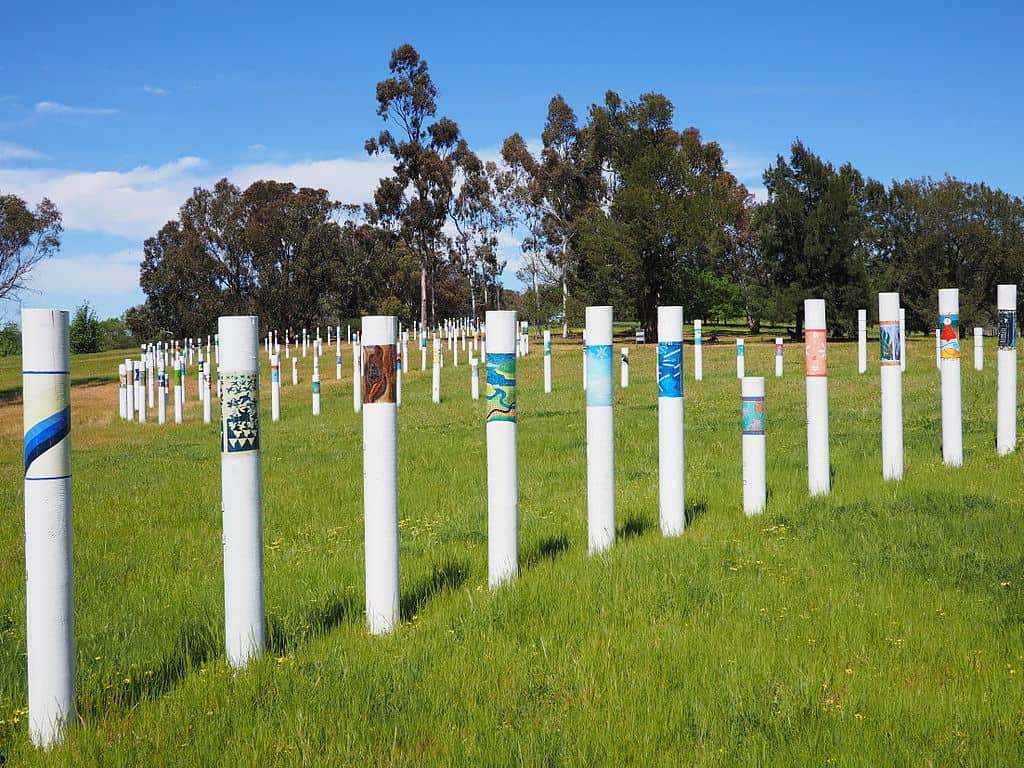Haneef “Not Uninnocent”
Haneef “Not Uninnocent”
The materials available to me
“While there are inferences that are available from the material I have, I am of the view that they are not sufficiently strong to exclude reasonable hypotheses consistent with innocence.”
– Damien Bugg, DPP
Did the Government interfere in any way with the investigation of Haneef, the charges brought against him and the withdrawal of his visa?
I am advised to aver that there are inferences that may be drawn from the material that is available and that such inferences are not inconsistent with any number of hypotheses, including that Mr Howard may have jumped up and down with glee when Dr Haneef was apprehended at the airport, that Mr Ruddock lit the black candle, donned his black hood, rubbed his skeletal hands with grim and cold satisfaction and began practising his hangman’s knot, and that Kevin Rudd said, “Shit! another wedging attempt! Memo to troops: say nothing and do nothing!” However, I am also bound to assert that whilst such hypotheses may not be inconsistent with the materials available to me, the material is at the same time not inconsistent also with other hypotheses which are themselves not inconsistent with innocence and which a reasonable person may think do not exclude the possiblity of lack of guilt.
You mean they were probably all over the Haneef affair like a rash but you can’t prove it?
Your hypothetical distillation of my exposition of the matters pertinent is unable to be confirmed by the person standing before you.
Why not?
I am not unconstrained by the requirement to utilise linguistic circumlocutions characterised by the passive voice, double negatives, arcane concepts and elaborately constructed sentences designed to confuse and obfuscate thereby ensuring that recipients of such communications are not unmistaken as to the purport of the communiqué.
You have to bloviate.
It may be not incorrectly hypothesised that a reasonable person might form the inference that the proposition which has been put by my interlocutor is sufficiently persuasive as to have a reasonable prospect of securing a conviction.
Meanwhile, Kevin Rudd is reported¹ to have commented,
“Fuck! Fucking fuck! How the fuck can I fucking well claim a fucking moral victory now? Who’s the fuckwit who told me to say nothing, do nothing? Why didn’t the fucking bastards tell me they were going to fuck the whole fucking business up! Cunts!”
¹Whilst there are inferences that may be drawn from the material available, we are of the view that they are not sufficiently strong to exclude reasonable hypotheses consistent with Mr Rudd’s innocence of the use of the quoted expletives.







